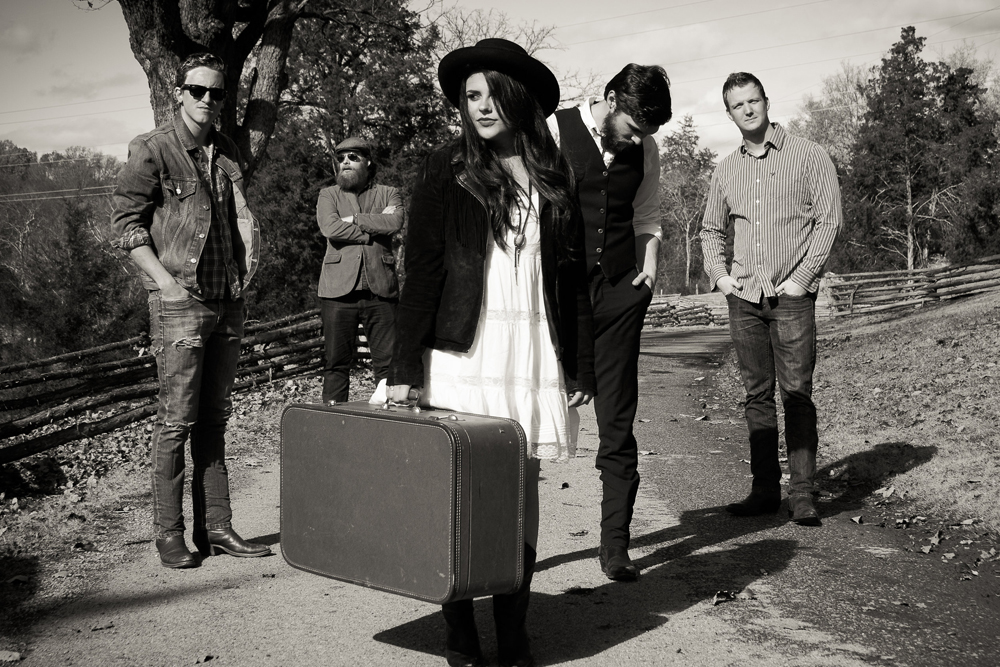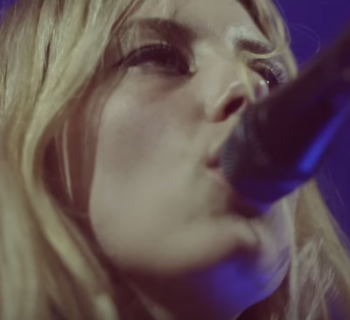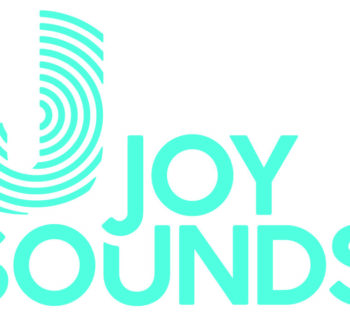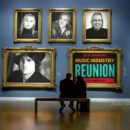What started as an intimate acoustic set between childhood pals in London quickly transformed into a ferocious yet compassionate group of “folk meets grunge” musicians. Eventually signing with Dirty Hits Records provided a significant turning point for Wolf Alice in 2015, with the boom of several new and re-released singles including “Moaning Lisa Smile.” Nominated for a Grammy for Best Rock Performance, the edgy tune was also featured in both popular American television series The Leftovers and Arrow.
After the release of two successful EPs (2013’s Blush and 2014’s Creature Songs) Wolf Alice intrigued critics with their full-length debut album My Love is Cool [June 2015]. With comparisons to Hole, Elastica and The xx, the band describes their own sound as “rocky pop.” Wolf Alice have since been nominated for a slew of prestigious awards including a Mercury Music Prize, and were ultimately deemed last year’s Best New Artist by iTunes.
As the band continues selling out major venues throughout the U.K., Wolf Alice—Ellie Rowsell (vocals, guitar), Joel Amey (drums, vocals), Joff Oddie (guitars, vocals) and Theo Ellis (bass)—recently embarked on an ambitious U.S. tour, including the Coachella Valley Music and Arts Festival in California. Great news, because life on the road is where 23-year-old founder and lead vocalist Rowsell feels most comfortable and inspired.
Despite the band’s hectic touring schedule––they were gearing up for the Coachella festival when we spoke—Music Connection snagged the opportunity to speak with Rowsell on the thrills of performing live, creatively jamming with the boys and why vicious Internet trolls totally suck.
Music Connection: “Fluffy” is such a great song that happens to be one of Wolf Alice’s first recognized singles. Why did you eventually decide to add the electric elements and expand the band’s sound instead of keeping things strictly acoustic?
Ellie Rowsell: I just wanted to play music in front of people. It wasn’t so much that we said, “Oh, we just want to be doing acoustic music.” I guess if you’re a little bit afraid to expand your style, you do whatever is easiest. It’s quite easy to take an acoustic guitar around to venues without having to buy amps or electric [instruments]. It was more like a necessary choice that, with time and courage, changed and evolved into more of a stylistic choice.
MC: Did you ever think that “Moaning Lisa Smile” would be such a huge hit, maybe having to do with the fact that there’s strong guitar dominance throughout the song?
Rowsell: No, I guess not really. Not taking the actual sound into consideration, simply it’s one of the more accessible songs that we have. But I don’t think we ever envisioned it’d do so well, especially in America. Just because it’s hard to get exposure over there. It sort of threw us.
MC: Some already consider you as part of grunge’s “post-revival,” but how do you combat such genre labeling as the band continues growing?
Rowsell: There’s nothing you can really do about it. People will always try to categorize you because it’s an easy way to explain what something sounds like. We were a bit grungy before we put our album out––I think the two previous EPs were a bit more grungy. I wouldn’t consider us that now, but there’s nothing you can do about it.
MC: What was it like working with Dirty Hit Records on your debut album––did you learn a lot having that extra support system?
Rowsell: I think we were really lucky with the whole recording concept. We’d been in the industry for quite some time, and yet had never really seen signs that anyone would see our drive. It was getting a bit frustrating, and Dirty Hits was the only label to be serious about us and offer a contract, which gave us so much creative freedom. They just guided us in the right direction, and it was perfect. We’re proud to be with this label, and before that happened I think we probably would have put out a different album––perhaps a bit too early. It would have been quite different.
MC: Who manages the band and how did this partnership originally come about?
Rowsell: We’re managed [with Stephen Taverner] through a company called East City Management. We met them through our booking agent.
When we first started the band we had a friend who went to school for management and wanted to get into the music industry. So we initially had a casual friend manage us, but more people seem to come about once you have more experience.
So when we ended up signing a record contract, that helped us get pointed in the direction of a team with a lot more experience. And that made us a little more reputable.
MC: How do you make these big career decisions as a group––is it a democracy?
Rowsell: We’re always talking and taking each other’s advice seriously. I think the major lesson we’ve learned in this short career is to trust our gut. No matter how experienced one person is when returning to a certain thing, if it doesn’t feel right, then just don’t do it. Even if you end up being wrong and [the other person] right, you won’t end up feeling frustrated and holding this grudge for the rest of your life. More or less, we work very well talking it out.














